With the first World Humanitarian Summit just over a year away, the global conversation on how to improve humanitarian action is rapidly gathering momentum. The latest region to be consulted was the Middle East and North Africa, with a regional consultation meeting at the Dead Sea in Jordan bringing together 180 participants from 17 countries from 3-5 March 2015.
In preparation for the meeting, more than 1200 people from the region, including representatives from governments, regional organizations, communities affected by humanitarian crises, civil society organizations, United Nations agencies, international non-governmental organizations, the Red Cross and Red Crescent movement, youth and the media, were asked to provide their experiences and viewpoints on the main humanitarian challenges in the region and how these can be overcome. The responses from the preparatory consultations emphasized the urgent need for a change in approach and underlined the timeliness of the World Humanitarian Summit, given the intolerable human suffering and unprecedented levels of vulnerability in the region. People called for solutions that address the root causes of these conditions and consistently stated that humanitarian aid cannot continue to be a substitute for political action. In the words of a civil society member in Gaza, “Occupation is the main reason for human suffering in Palestine…We need to address the root causes, not symptoms, of human suffering”.
Overall, eleven key humanitarian issues were identified for the region, which were captured in a report written to inform the meeting in Jordan.
At the Dead Sea, the majority of participants reaffirmed the outcomes of the preparatory consultations and expressed outrage at the failure to protect civilians caught up in the many conflicts in the region, citing in particular the need to end impunity for violations of international law. They also called for lifting restrictions to humanitarian access and highlighted the necessity of addressing the needs of communities hosting refugees and displaced persons, calling for greater burden sharing by the international community. Other recommendations included addressing financial gaps, as humanitarian needs continue to outpace available resources, and localizing responses to crises and strengthening national capacities to prepare for emergencies.
If you want to read the full set of recommendations, you can download the Co-Chairs’ Summary here:
English: http://www.worldhumanitariansummit.org/file/483421/view/526756
Arabic: http://www.worldhumanitariansummit.org/file/483819/view/527231
The final report will be published in the coming weeks.
Link to Cincopa Gallery: http://www.cinco.ly/~AkLAGY8diFlY

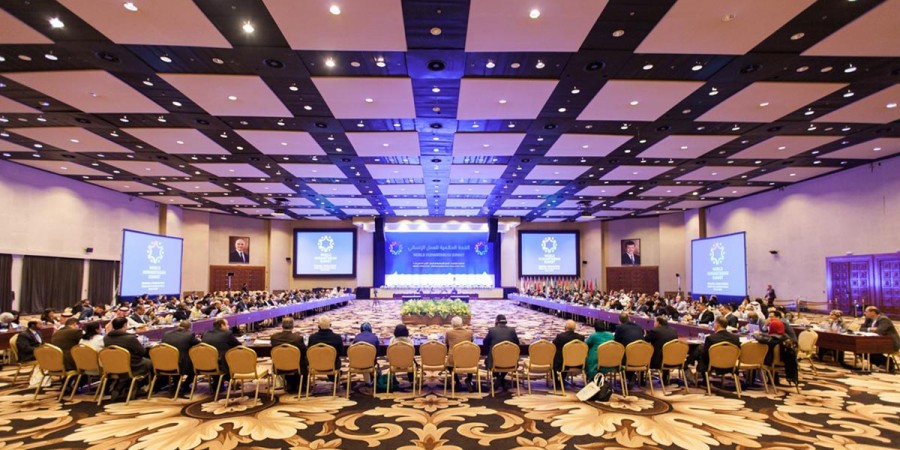
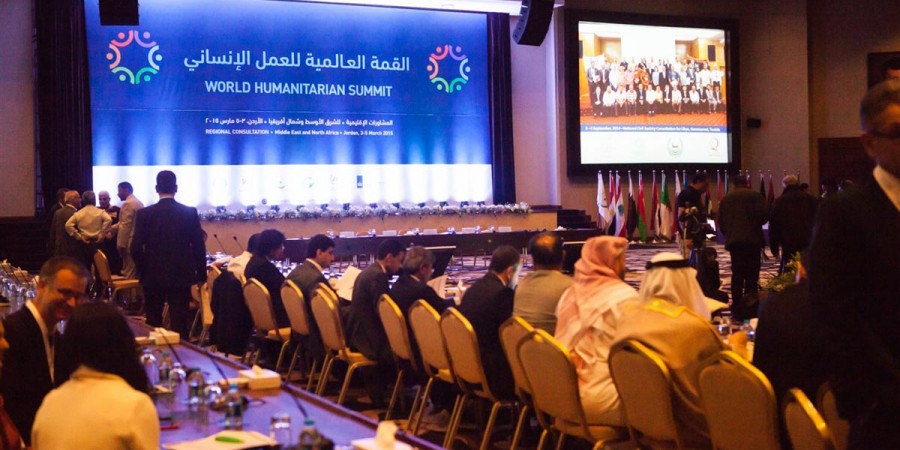
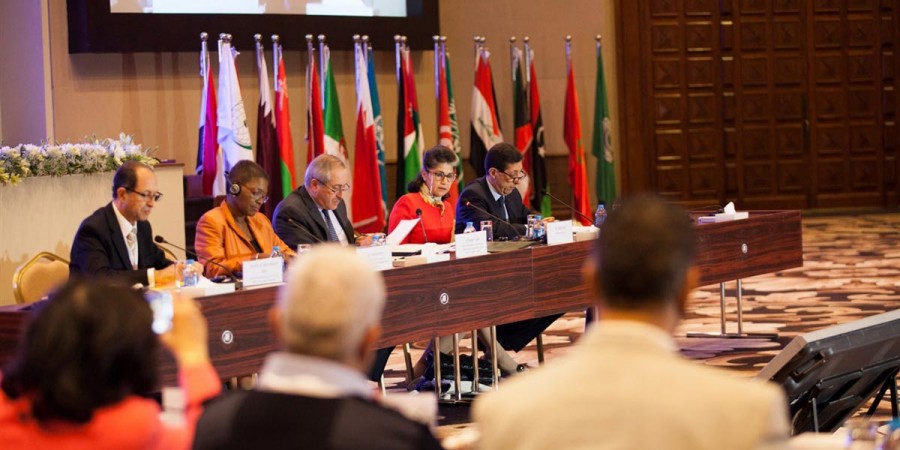
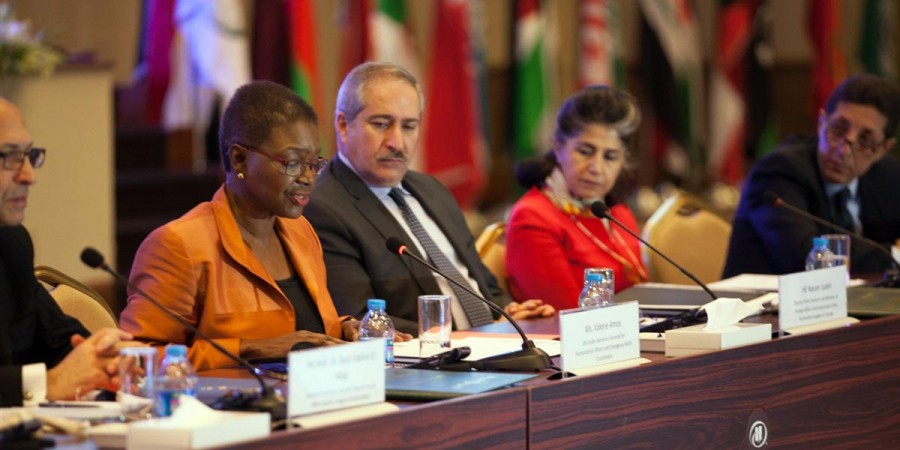
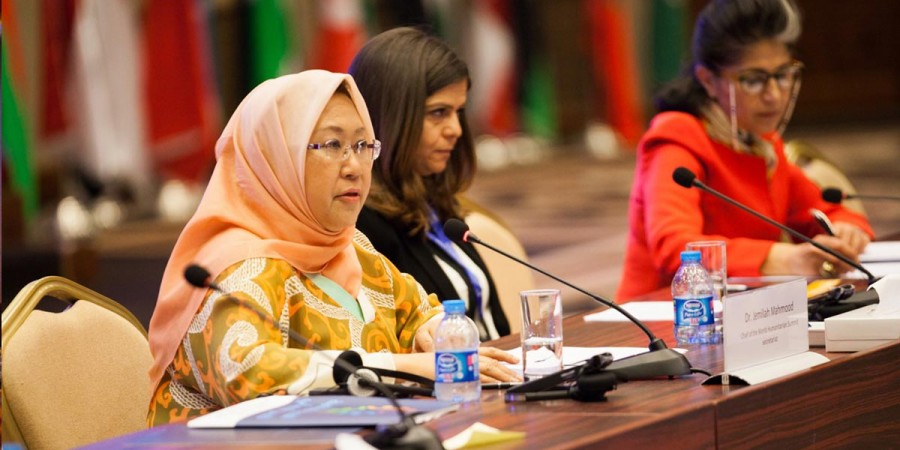
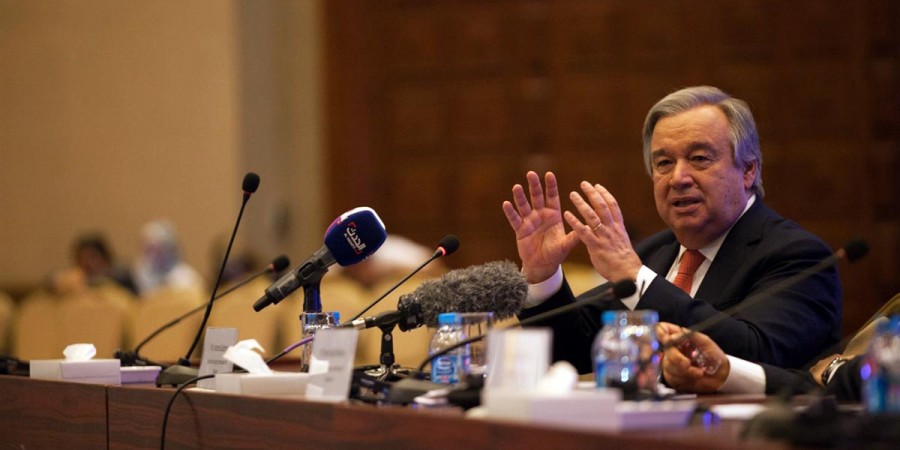
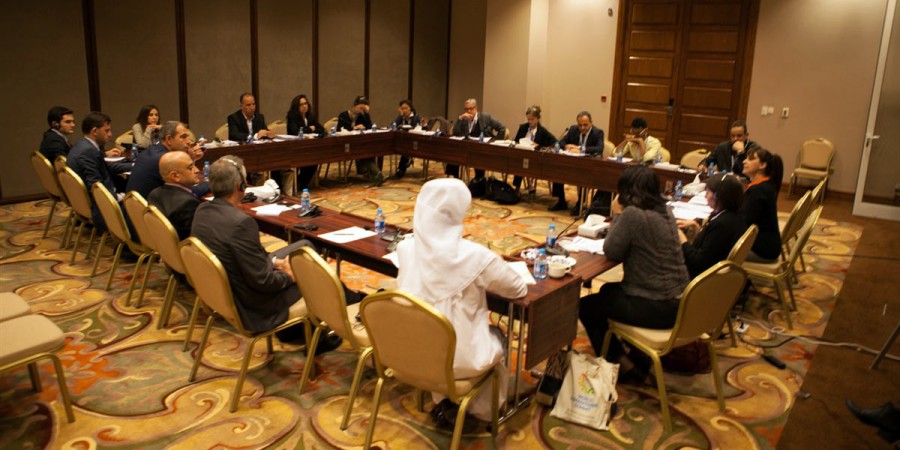
Comments